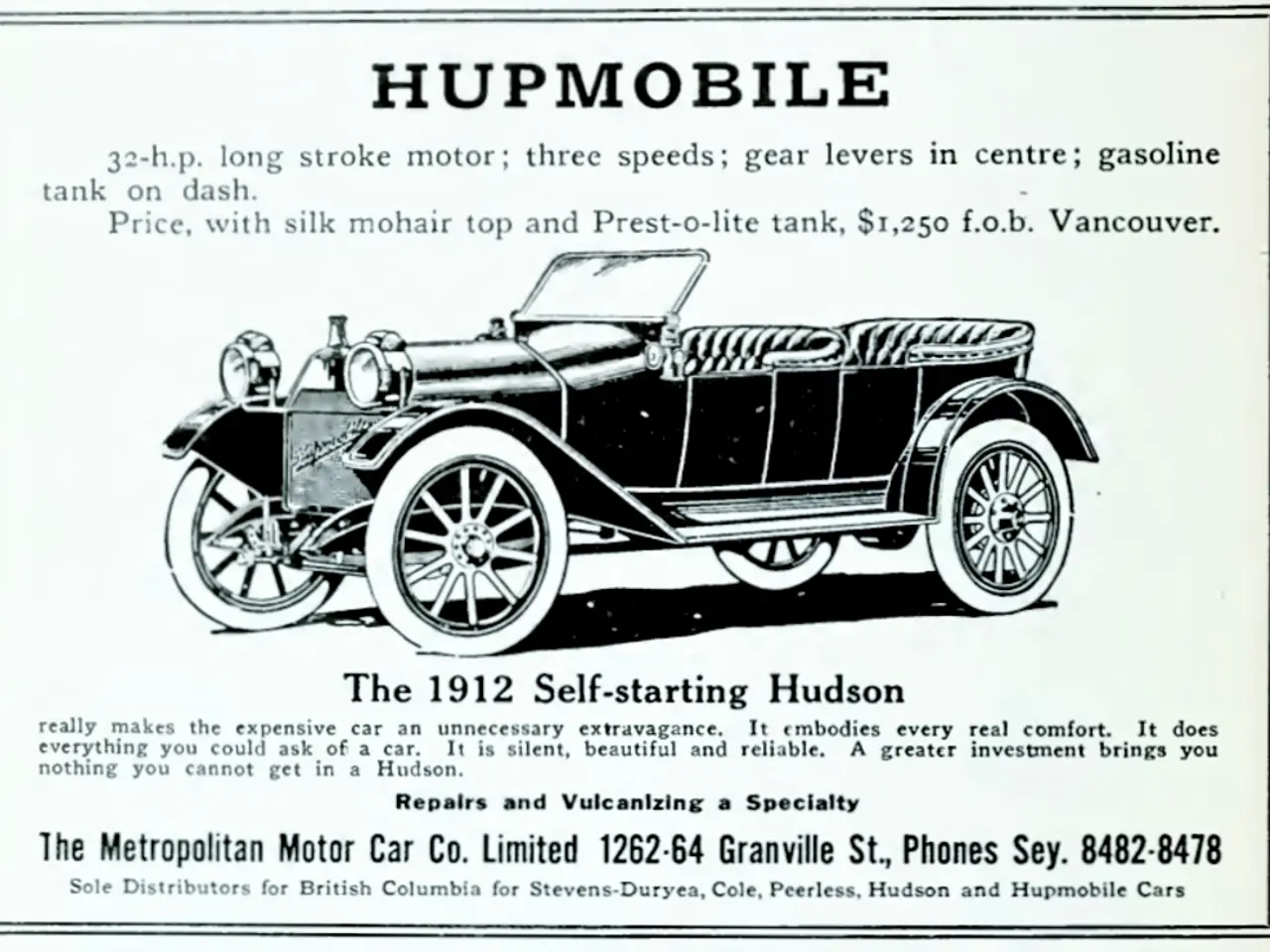Contemporary sales figures for Hyundai Germany in the first half of 2025 reveal a 55% increase in electric vehicle sales.
Hyundai has made a significant mark in Germany's electric vehicle (EV) market in the first half of 2025, with the affordable electric SUV, the Hyundai Inster EV, leading the charge.
The Inster EV, priced from around €23,900 (~$28,000), became the best-selling electric small car in Germany during this period, recording over 6,300 registrations through the first seven months of 2025. The vehicle offers a WLTP driving range of up to 370 km (230 miles) and fast charging capable of reaching 80% in just 30 minutes. It also boasts advanced features like vehicle-to-load (V2L) capability[1].
Hyundai's success in Germany is reflected in its strong market position. The company ranked third among importers in Germany for EV registrations, with electric vehicles accounting for 28% of Hyundai’s registrations in Germany by July 2025—a 10% increase compared to the same period last year. Hyundai’s EV share notably outpaced the broader German EV market, which had about 17.5% of new registrations as EVs[1].
The growth in electric vehicle registrations for Hyundai from April to June 2025 was greater than the growth from January to April 2025, indicating a positive trend. In total, 12,981 electric vehicles were registered by Hyundai in Germany for the first half of 2025, a 55% increase compared to the same period in 2024[1].
The overall market for electric vehicles in Germany also experienced substantial growth. Electric vehicle registrations (including battery electric, plug-in hybrids, and fuel cell EVs) rose by approximately 44% year-to-date by May 2025, reflecting a robust market environment in which Hyundai succeeded[3].
While Hyundai’s Inster EV led the small electric SUV segment in Germany, the broader European market’s top-selling EV model remained the Tesla Model Y. However, Volkswagen is the top-selling electric car brand in Europe in H1 2025, followed by others like Kia and Hyundai, which ranked 10th with around 46,380 EV sales in Europe overall for the half year[4][5].
In conclusion, Hyundai’s success in Germany in the first half of 2025 is anchored by the competitive pricing and appeal of the Inster EV, strong market share gains in the growing EV segment, and outsized electric sales growth relative to the overall market[1][3][5]. The Inster was among the top 10 best-selling EV models in May and June, and the compact electric car, the Inster, was the top-selling Hyundai electric model in the first half of the year, with 5,173 registrations.
- The Inster EV's impressive sales performance in Germany has propelled Hyundai to a significant position in the automotive industry's finance sector, as it accounts for a large portion of the company's revenues.
- The automotive industry embraces Hyundai's advancements in technology, particularly in the transportation sector, as the Inster EV offers innovative features like vehicle-to-load (V2L) capability and fast charging options.
- Hyundai's success in the electric vehicle segment has led to collaborations with various finance institutions in the finance industry, exploring new avenues to make electric vehicles more accessible and affordable to a broader audience.




